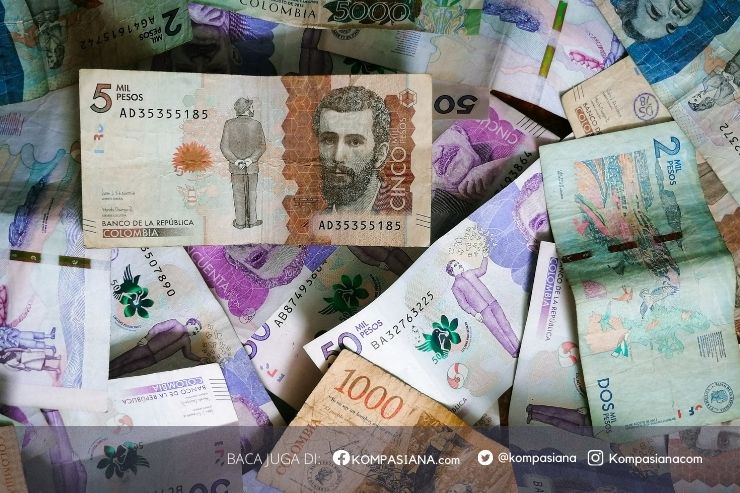Some analysts argued that the Britain Exit from the European Union or Brexit was predicted to bring little impact on Indonesian economy. The reason, UK is not Indonesia's major trading partners like the United States, Japan, China, Europe, or ASEAN. For the sake of our nation, we hope it is true.
Nonetheless, mitigating the potential risks from Brexit is necessary to conduct by governments as well as corporations due to their foreign debt position. We must not forget that UK or in specific London is the world's major financial markets that determine the level of global interest rate. When uncertainties arise in the heart of the world's financial markets, the cost of foreign debt more likely to increase.
Based on data from the Bank for International Settlements (BIS), London is the largest foreign exchange market with the daily turnover of $ 2.8 trillion. The amount is nearly half, or in exact 41%, of the world's foreign exchange transactions. By comparison, the second biggest market of currency market is United States with a share of 19%. Indonesia, for illustration holds 0.1% of the market.
In addition, UK also dominates the derivatives market. Data from the BIS shows that the interest rate swap transaction in London reached USD 1.4 trillion per day or 48% of total derivatives trading in the world. Meanwhile, transactions of similar products in US recorded only half or 22% of the global market. The UK domination in swap market is inseparable from London’s foreign exchange and credit transactions.
Having had such a big market, UK plays a significant role in determining the global benchmark rate through the London Inter-bank Offered Rate (LIBOR). According to the UK Treasury, as much as $ 300 trillion of financial contracts tied to LIBOR. This amount does not include global loans and credits which the rate refer to LIBOR.
LIBOR is an average of interest rates on inter-bank loans reported by 18 leading banks in the UK. Initially, the administration of the benchmark interest rate is carried out by the British Banker's Administration (BBA) before it was transferred to the ICE Benchmark Administration (IBA) due to the LIBOR manipulation scandal in 2012.
LIBOR is used widely for pricing global inter-bank lending in the UK with tenors ranging from overnight to one year. The deal rate is then used to price another product including lending transactions to other banks and loans in a variety of products including to end consumers such as mortgages (mortgage). In addition, the reference rate is also used to value assets such as bonds, stocks, as well as a wide range of derivative products. As a consequence, the movement of LIBOR will affect the interest rates in the world. Turbulences in UK and another global financial markets will drive the LIBOR volatile and the ripple will shake the financial market in the world.
The volatility of LIBOR itself is influenced by various factors including the sentiment in the financial markets. If the negative sentiment spreads out due to uncertainty in the financial markets, the market confident deteriorates and the liquidity squeezes. In such conditions, investors tend to put funds in the United States or Germany or gold product which is considered as a safe haven. As the flight to quality happens, the benchmark rate in the markets such as LIBOR will rise, pushing the global interest rate to rise.
One of the sentiment indicator in the financial markets is the spread between LIBOR and US policy rate (Fed Funds Effective Rate) which is expressed in the overnight index swap (OIS). It is abbreviated as LIBOR / OIS. The widening range of LIBOR / OIS demonstrates the deteriorating confidence in the global financial market and vice versa.
As reported by Bloomberg (24/6), before Brexit referendum, the range of LIBOR / OIS is 0.27% as market participants believe that the UK would remain in the EU. However, this estimate missed and led the confidence in the financial markets falter. On Friday, after the referendum, the range of LIBOR / OIS rose to 0.34%. Indeed, this increasing range was not too worrisome. For comparison, during the 2008 world financial crisis, the range was 3.4%.
Nevertheless, the movement in world financial markets should be put under scrutiny because of the uncertainty in the financial markets post Brexit. If the British economy be able to grow better, the position of London as a global financial center will be stronger. But if the opposite happens, the global financial landscape will face uncertainty before finding a new balance. China's Ministry of Finance estimates that the uncertainty in the financial markets after the Brexit will be last within five to ten years into the future.







